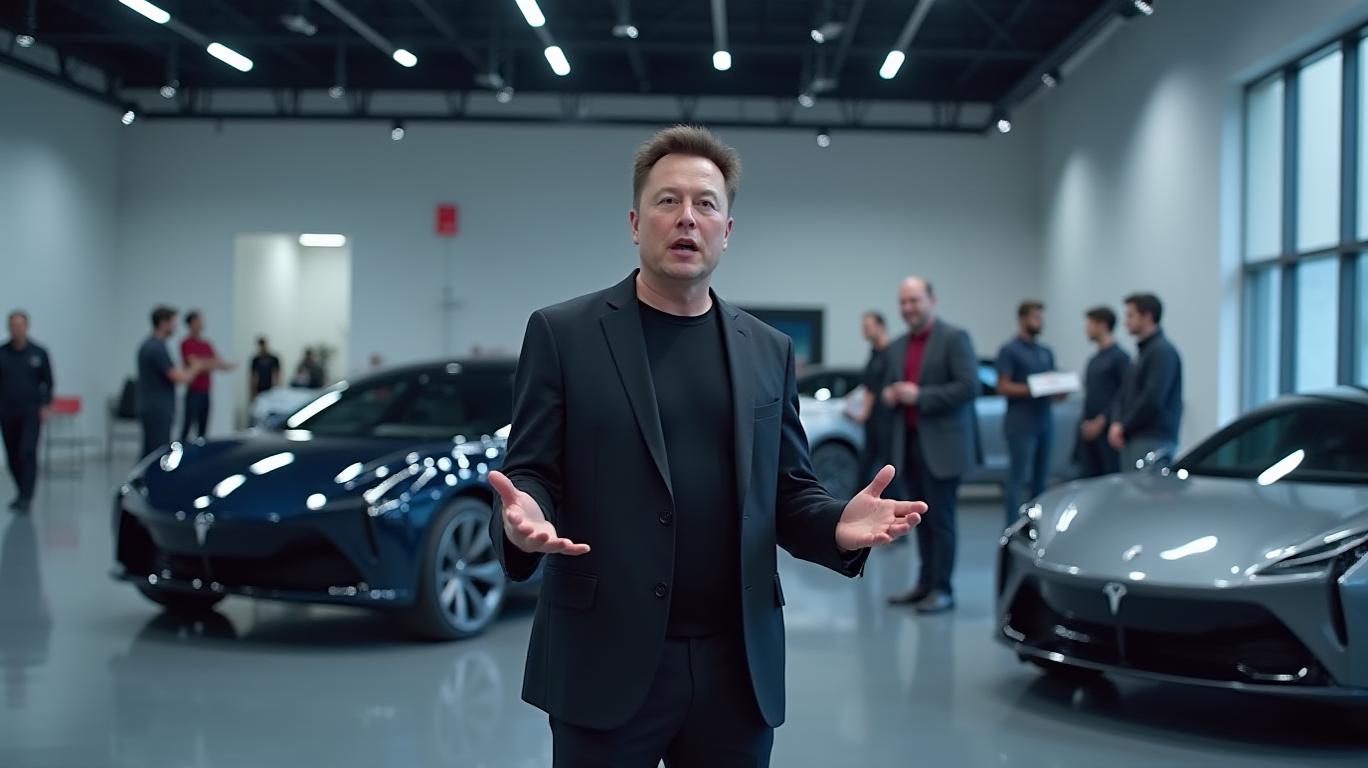Tesla's Bold AI-Driven Strategy Challenges Traditional Automakers in the Race for Autonomy
In the current economic climate, characterized by rising interest rates, Tesla remains a formidable competitor due to its investments in artificial intelligence and autonomous driving technologies. Tesla's strategy stands in stark contrast to the more cautious approach taken by traditional automakers like Mercedes-Benz. While the latter opts for gradual advancements and extensive testing before public release, Tesla leverages real-world data collection through its over-the-air updates. This agile approach enables Tesla to repeatedly refine its Full Self-Driving (FSD) software, offering customers cutting-edge functionalities at a rapid pace.
Significantly, Tesla's FSD system employs end-to-end AI models, processing raw sensor data to control vehicle actions directly, eliminating traditional divisions in autonomous driving processes. This system highlights Tesla's commitment to enhancing driving automation through seamless integration of AI technologies.
Despite these advancements, the path to the commercial deployment of fully autonomous vehicles faces myriad challenges, particularly in safety and regulatory compliance. Tesla's decision to test FSD in urban environments draws attention to the ongoing debate about responsibility and risk in autonomous technology development.
As global regulatory frameworks evolve to accommodate these technologies, companies like Tesla are poised to continue playing a pivotal role in shaping the future of transportation. Their innovative methodologies not only push the boundaries of what is technologically possible but also influence legislative discussions on the safe implementation of autonomous vehicles worldwide.

Stay ahead with real-time Wall Street scoops.
Latest Articles
Stay ahead of the market.
Get curated U.S. market news, insights and key dates delivered to your inbox.

Comments
No comments yet